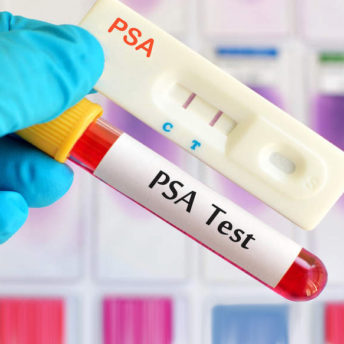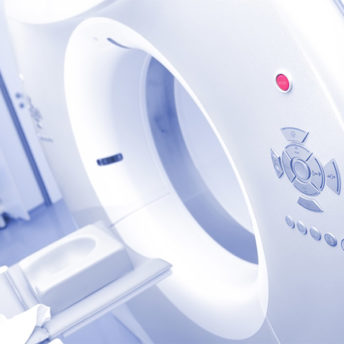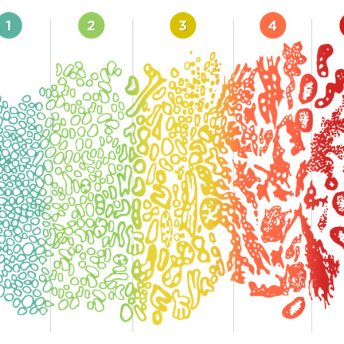Prostate Health & Wellness Blog
Who Will Do Your Prostate MRI? Study Says Experience Matters
When it comes to prostate MRI, experience matters. Discover why choosing an expert with a proven track record can make all the difference in accurate, reliable results. keep reading

Prostate Health & Wellness Blog
The ABCDEs of Men’s Health in an Aging Society
Let’s face it, guys. We’re not getting any younger. In fact, society is getting older. The Population Reference Bureau tells us that in the U.S, the number of those age 65 and up is expected to nearly double from 52 million in 2018 to 95 million by 2060... keep reading

Prostate Health & Wellness Blog
Lifesaving PSA – Does It or Doesn’t It?
Does PSA screening reduce PCa mortality, or doesn’t it? We know that PSA is not specific for cancer, since many prostate conditions can cause a rise in PSA blood levels. We also know that an elevated PSA can lead to a conventional TRUS-guided biopsy, and that such biopsies can either miss prostate cancer or... keep reading

Prostate Health & Wellness Blog
Artificial Intelligence: Taking MRI Interpretation to a New Level
Artificial Intelligence is transforming prostate MRI interpretation, making it faster and more precise. See how this breakthrough technology is elevating prostate health diagnostics. keep reading

Prostate Health & Wellness Blog
Men’s Health: 5 Things You Should Know about ED
Understanding erectile dysfunction can lead to better health and confidence. Discover five key facts about ED and how you can take control for a happier, healthier life. keep reading

Prostate Health & Wellness Blog
Prostate Cancer by Any Other Name—Is Low Risk Prostate Cancer Really Cancer?
Is low-risk prostate cancer worth worrying about? Uncover the facts and what it could mean for your health choices. keep reading


